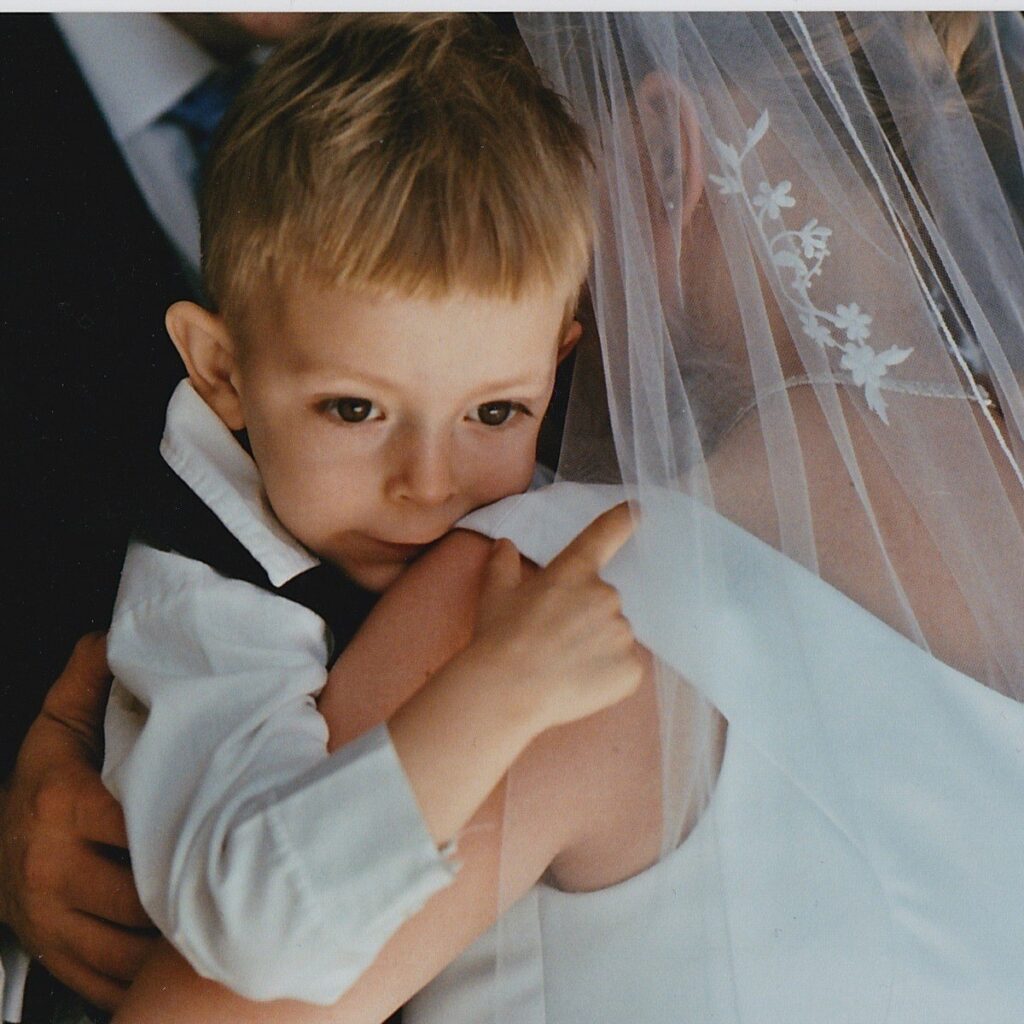This Week’s Bit of String: The ultimate tear-jerker
Our GCSE students (aged 16) had their last exam this week and took their leave. For the ones we’d worked closely with, we threw a little party with balloons and refreshments. A couple of us got cards and prosecco in return.
“No one got me anything,” joked one of my fellow teaching assistants. “I’m going to cry. I will!” But she couldn’t muster the promised waterworks with us watching.
A last lingering Year 11 girl, the most reluctant to leave, offered this: “I know what will make you cry. It always works: when someone asks, ‘Are you okay?’”
This student is one of the most perceptive people I’ve ever met, let alone one of the most perceptive teens. She was spot on. We’ve all been there, haven’t we, when we’re muddling on in a lonely blur and then someone stops and asks how we are, with genuine interest.
And there go the floodgates.
The key to these gates will vary, depending on the magnitude and current of what’s behind them. This is not just a female thing, either; guys are equally likely to get triggered by something seemingly small.
When I first immigrated, I was so alone and the British townspeople were so preoccupied and indifferent, a rare Hello from a stranger had me fighting tears. Since then, I got somewhat inured to being away, able to bumble along preoccupied myself. But when my son moved to America a few weeks ago, leaving me separated from both my best little buddy and my whole family, that changed things.

Colleagues know better than to ask if I’m ok. They ask how he’s getting on instead, and the news is generally good. They say, you must miss him so much, which saves me from having to say it. Much of the time, therefore, I maintain equilibrium. There’s a constant ache, a horrifically deep emptiness, dulled by almost-daily messages he and I exchange and by my relentless counting down until I can go see him (5 weeks and 2 days). In some moments it has been piercing, like when I put clean sheets on his bed and wondered if I should keep the pillows how he likes them or stack them tall. Or when I went to send a care package and the post office got grouchy over the extra barcode on the customs sticker.
Triggers are necessary because they give us a choice: Hey, you know that deluge you’re hiding behind the dam? Can we try channeling it, please, before it starts to leak? Sometimes we feel we have to keep refusing, and other times maybe we can’t put it off any longer.
Literary Triggers
At a Retreat West workshop a couple weeks ago, we learned about the importance of having your book’s “inciting incident” right at the beginning, to hook readers in. This is different from the climactic showdown or the big reveal. Often, it’s one small thing that kicks everything else out of inaction.
Rather than the writer throwing a wrench into the protagonist’s works, usually the writer is nudging the protagonist into the uncomfortable realisation that their way of life isn’t really working.
Great examples of this are Eleanor Oliphant is Completely Fine, or Piranesi. Eleanor would have kept on refusing any company apart from the Glen’s vodka from Tesco if she hadn’t been sent to that charity concert and developed an ill-advised crush on a singer. Piranesi would have kept wandering the statued halls of The House, recording tide times, if signs of visitors hadn’t begun to appear.

Even when a story begins with a main character choosing to make a change, they often don’t fathom how badly that change is needed or where it will take them. This has been true of literature for as long as storytelling has existed: Chaucer’s pilgrims wouldn’t have realised how much they’d learn on their journey; Romeo had no idea how far he’d go for love when he went to the party to see Rosaline.
When we write stories, we’re not attacking our characters with suffering for the fun of it. Our imaginations have found someone who needs liberation, and we’re plotting a way to spring them free.
For Our Own Protection
In real life, incidents don’t spiral in an orderly manner. It’s not a series of clues and incremental escalation, sometimes it’s everything at once and sometimes it’s like, “Ooh maybe things are about to settle down,” and then bam, another thing hits you. Meet a friend for a catch-up, and as you recount the last couple of months you’ll be thinking, This sequence of events would not fly in fiction. Readers would be too confused.

Honestly, I’m kind of glad it’s that way. Imagine if our lives progressed more rhythmically. If we were characters in a book and something went wrong, we’d have to ask ourselves, is this trying to teach me a lesson? Is this merely foreshadowing a massive climactic battle later on?
As it is, I can pour myself into work, helping students cope with their own stress and trauma, and I can write my grief into my novel instead of feeling it as my own. I need to edit this story of Eve so she more quickly learns to use her voice; learns that it is her own even if one of her ribs is not. For that to happen, stuff’s got to go wrong, to force her to wonder how she put up with everything, years after being exiled from Eden and then losing her first two sons.
While I work, and work on writing, I can ride it out, 5 weeks and 2 days. It’s already 7 weeks of separation, and there have been plenty of mini-crises to interrupt the trajectory of contemplating my new life: exams and Supreme Court decisions, viruses and injuries, something scurrying in the roofspace when we try to go to sleep. Who knows what else will come up, whether they will keep distracting me from loneliness or force me to confront it. I suspect the former; I’m grateful not to have to slow down.
What about you? Are YOU okay?